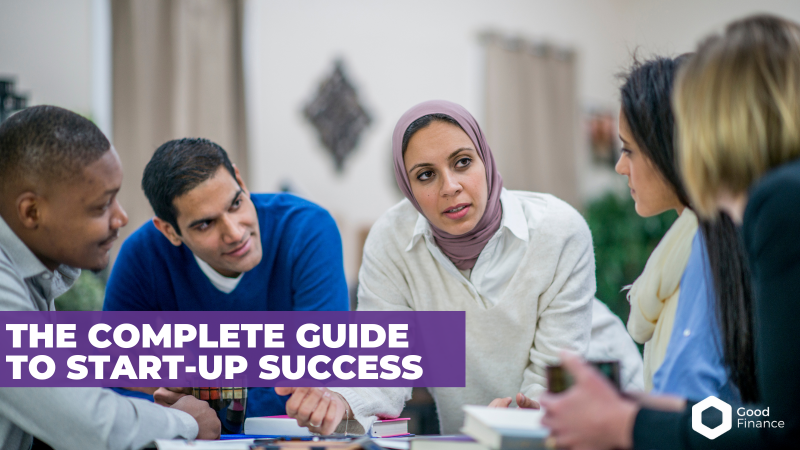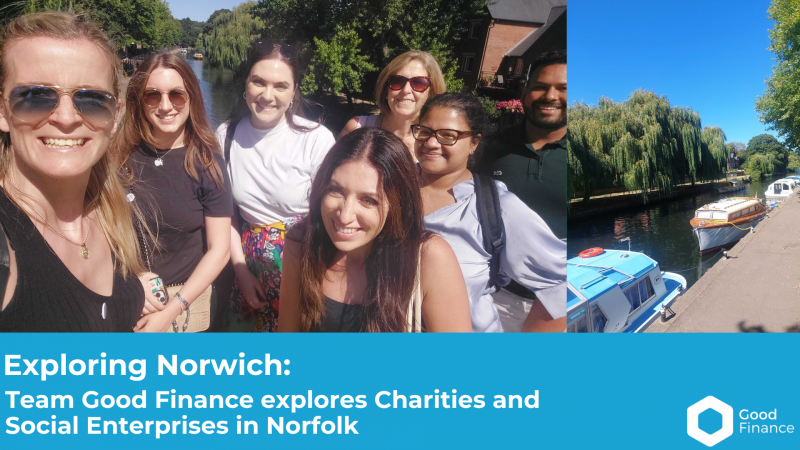Gender Lens Investing
Plays an important role in the investment process to improve equality and access to investment for social purpose organisations. this means investing in Women led/owned organisations, ensuring a fair workplace and taking a stance on gender equity.
Exploring Norwich: Team Good Finance explores Charities and Social Enterprises in Norfolk
Getting Started with Legal Structures
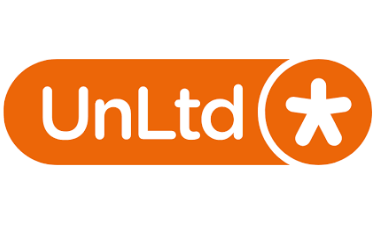
This guide explores the typical legal structures that are used in the social enterprise sector, the core advantages and disadvantages, and the key issues for consideration.
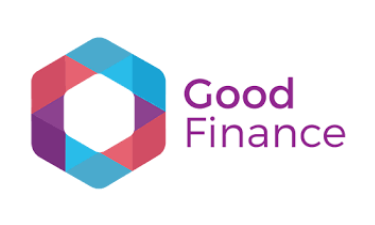
This is a short guide to the legal structures most commonly associated with charities and social enterprise.
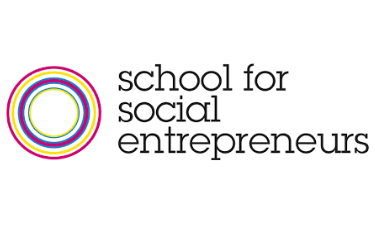
This resource shares a quick overview of different legal structures to consider when you are starting up a social enterprise, charity, or another type of project whose purpose is social or environmental impact.
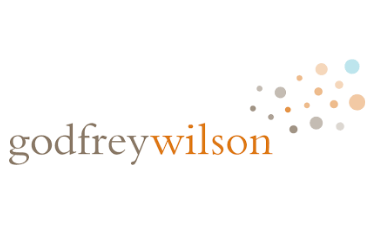
This guide introduces the different structures available to a social enterprise and includes a table which summarises the key points of each.
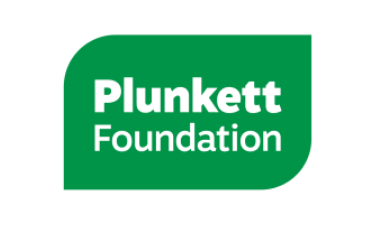
This guide aims to help you from the initial contact with your community, to the moment you cut the ribbon.
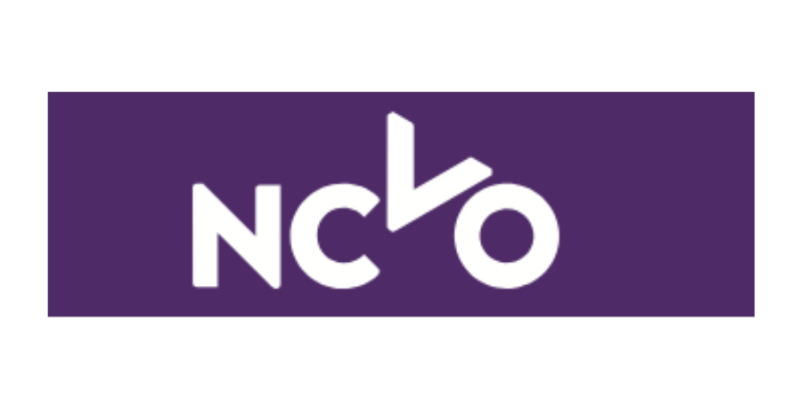
Use this page to understand what social enterprises are and their associated legal structures.
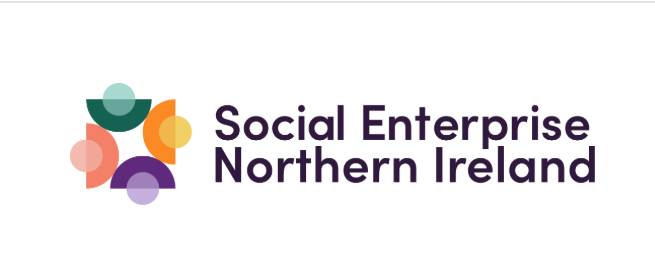
Social Enterprise NI have designed this fact sheet to take your organisation through the main governance issues and Social Enterprise legal structures and how to ensure you have good governance and the proper legal status for your organisation.
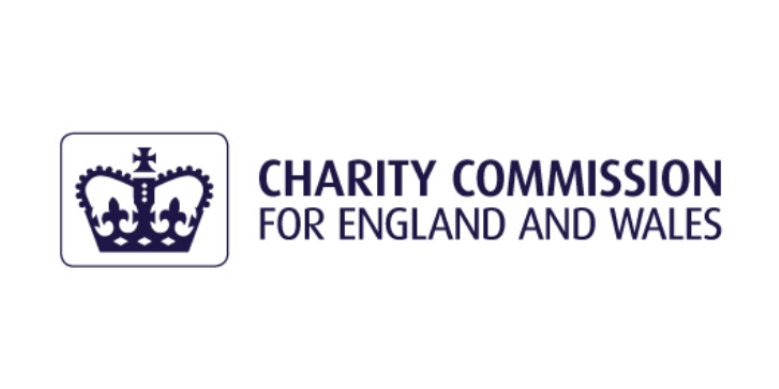
The Charity Commission oversees charities in England and Wales and manages the official register of charities. It operates as an independent, non-ministerial department of government and reports directly to Parliament. In its role as registrar, the Commission ensures the register is accurate and up to date.
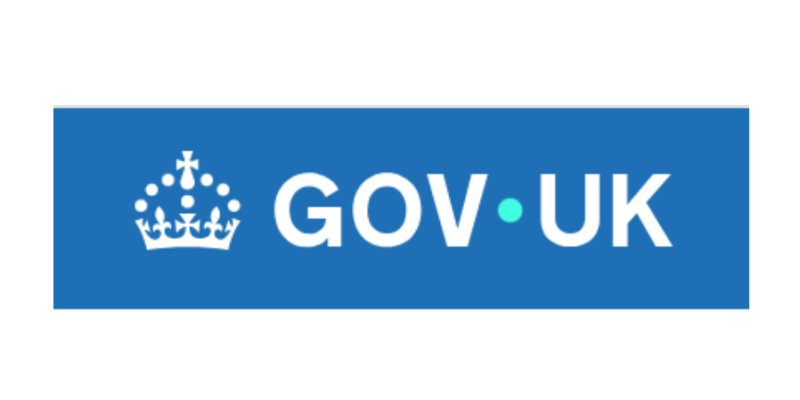
Decide whether to set up a charitable incorporated organisation (CIO), a charitable company or an unincorporated association or trust.

This guide explains what the law in England and Wales dictates a charity is.

This guide explains the 6 steps required to set up a charity.

Charity trustees are required to take the Charity Commission’s public benefit guidance into account when undertaking activities where it applies.

Learn how charities can reduce their tax liabilities and when it may be appropriate to establish a subsidiary trading company.

Learn when and how charities can engage in trading to raise funds and how to apply income on trading profits.

Get to know the regulations and potential risks involved in using charity funds to pay a trustee, or someone or an organisation linked to a trustee.
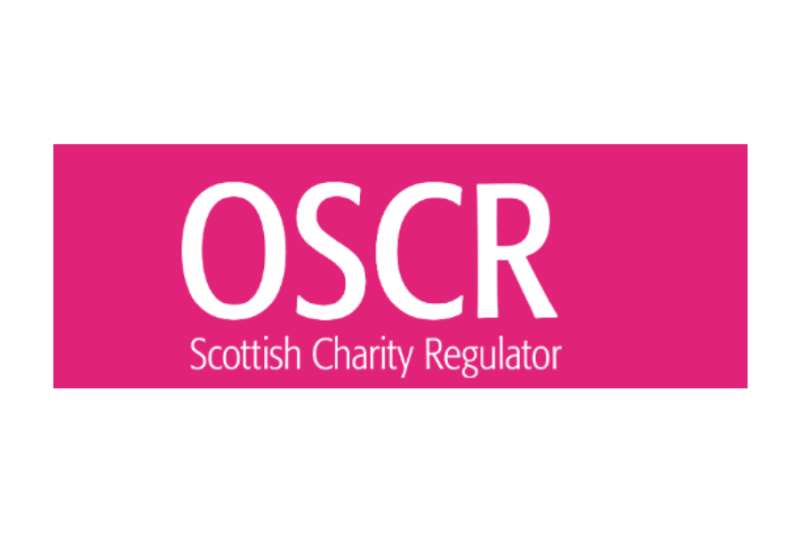
The Scottish Charity Regulator is the independent body responsible for regulating and registering over 25,000 charities in Scotland. These include community organisations, faith-based charities, schools, universities, grant-making bodies, and major care providers.

This guidance is intended for anyone thinking about establishing a charity, especially those interested in becoming a SCIO, as well as existing charities considering converting to this legal form.

This guide explores the main ways a charity can engage in trading and outlines what trustees must consider in relation to the charity test and their duties under the Charities and Trustee Investment (Scotland) Act 2005.

To determine whether an organisation provides public benefit—or, for applicants, intends to do so—we consider what it does or plans to do to advance its charitable purposes.

The Office of the Scottish Charity Regulator (OSCR) was created under the Charities and Trustee Investment (Scotland) Act 2005. This legislation defines OSCR’s powers and assigns it five core functions.

This guidance explains when charities from England and Wales must register with OSCR, how OSCR and the Charity Commission for England and Wales work together to regulate cross-border charities and more.
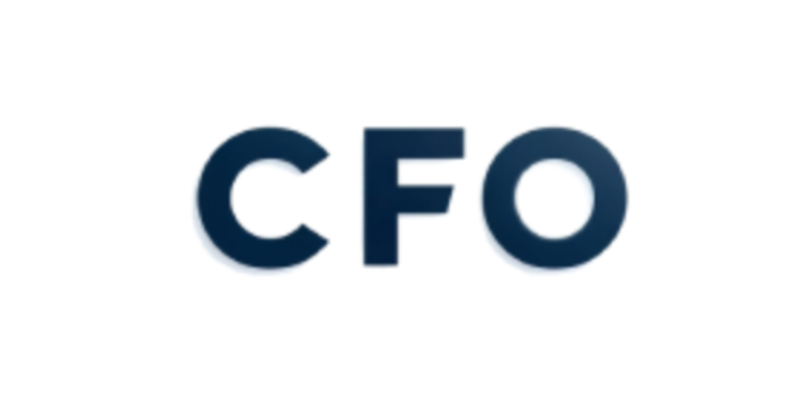
A frequent issue raised in conversations about charity governance in Scotland is whether trustees are allowed to receive payment for their work. It is important to be clear on the rules and requirements surrounding trustee remuneration.
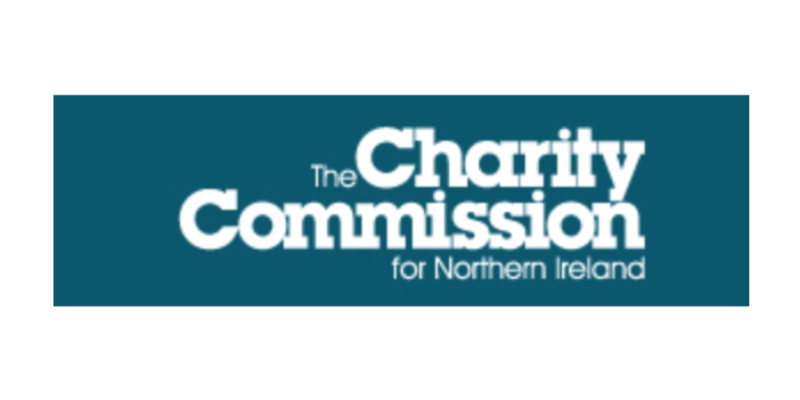
As the independent regulator of charities in Northern Ireland, the Commission oversees the work of charities operating there. Its role is to ensure organisations comply with their legal obligations and to support trustees in addressing issues when problems arise.

Before establishing a charity, it is worth considering whether this is the most suitable way to achieve your goals. The Commission’s 'Starting a new charity' guide highlights key factors to think about before making a decision.

The Running your charity series offers practical guidance for new and experienced trustees, along with professionals who assist and support charities.

This guide explains what the public benefit requirement is what it means for charities.

This guide explains how to properly make payments to trustees as a charity.
Business Planning
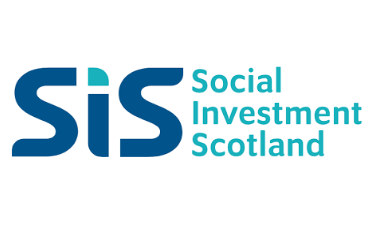
Knowing the strengths and weaknesses of your organisation is an essential step towards accessing social investment.
Social Investment Scotland’s free to use investment readiness diagnostic tool is great way to find out where you are on that journey and where your strengths are.
Focussing on six business critical areas, simply answer each of the questions openly and honestly and the tool will summarise your scores at the end, highlighting where any support needs lie.
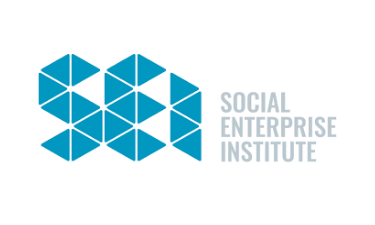
A tool to help plan, communicate and refine your business model in a simple, visual way.
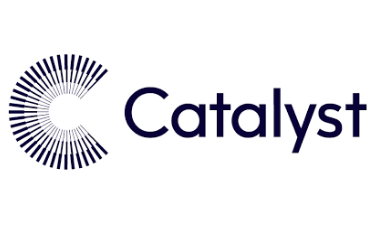
Practical guides to help charities reuse and learn from one another’s services.
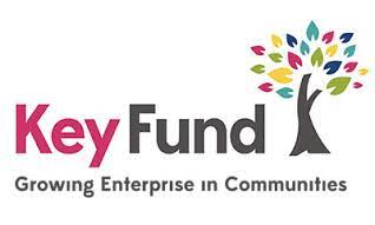
A fantastic resource with practical information for your business.
Learn about business planning, running a business, financing a business and more.
Financial Management
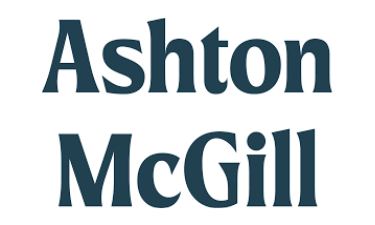
Ashton McGill have created a google sheet for small business owners to model their cashflow over the next few weeks & months. You can download a copy here
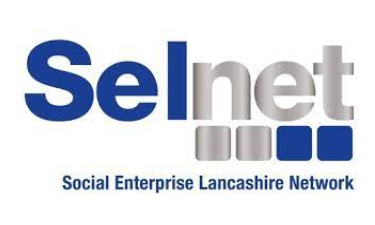
This workbook is aimed at the entrepreneur(s) or community group starting a social enterprise business. It has been designed to help you understand the financial implications of setting up a social enterprise and what they mean to you.
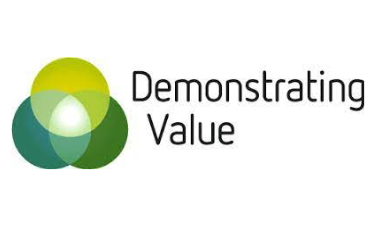
Good financial monitoring systems support successful financial management. This involves getting the information that can provide you with the most insight into your operations and financial position. In other words, getting the right 'financial intelligence'.
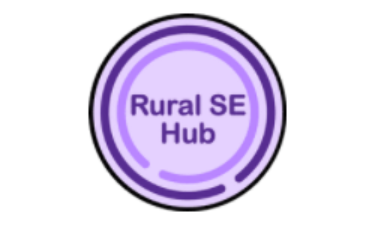
Financial management is the process of planning, monitoring, and evaluating all financial aspects relating to your social enterprise.
At its most basic level it is about anticipating and tracking how money comes into your organisation (revenues, funding, investment), how it is invested within your organisation (operating costs, staff costs, purchasing assets, etc) and how it is invested or leaves your organisation (paying operating suppliers, paying staff, purchasing assets, paying investors, etc).

Different investors will have different appetites for loss and return, and this will determine how much capital is available and what it will cost. This cost of capital calculator provides an estimate of how much social investment could cost for your organisation, and what the monthly repayments might be.
Impact Management
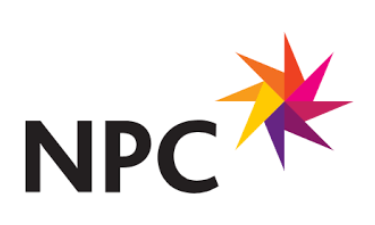
This page and the webpages linked are designed to help you take your first steps into measuring, understanding, and improving your impact.

Complete this free and simple questionnaire to receive a tailored report on what data to collect through your impact practice, and how to go about it.

The Outcomes Matrix is a practical tool to help social impact organisations plan and measure their social impact in terms of outcomes. The tool includes outcomes and measures for nine different outcome areas and four lenses for considering the service users of your organisation

Used by more than 150,000 businesses, the B Impact Assessment is a digital tool that can help measure, manage, and improve positive impact performance for environment, communities, customers, suppliers, employees, and shareholders; receiving a minimum verified score of 80 points on the assessment is also the first step towards B Corp Certification.
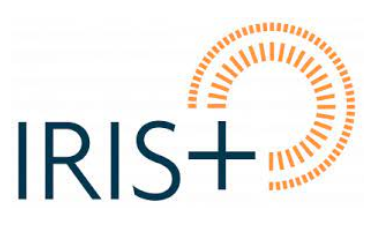
All investors and companies create positive and negative effects on society and the environment. Impact investors seek to maximize the positive and minimize the negative by using the IRIS+ system to integrate social and environmental factors into investment decisions alongside risk and return.
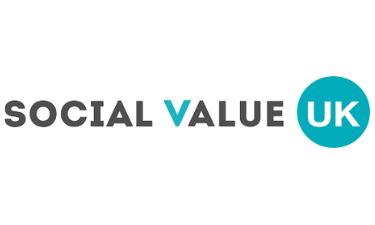
This is an Excel spreadsheet of the value map with preset formulas to help you calculate your impact. The template also includes a page of guidance notes to assist you in using the value map.

The Global Reporting Initiative allows social entrepreneurs to upload their own report, but also browse through thousands of others, getting new business sustainability and impact ideas
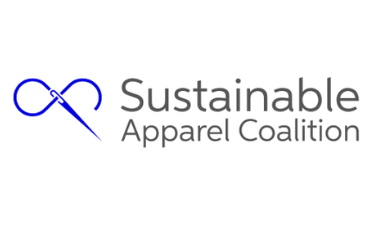
The Higg Index is a suite of tools for the standardized measurement of value chain sustainability, and it is central to the SAC’s mission to transform businesses for exponential impact.
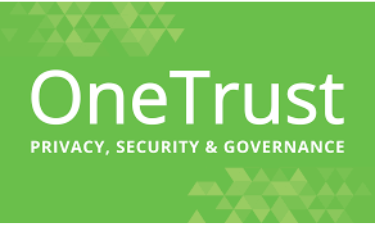
Define, track, realize, and optimize your environmental and sustainability goals with xthe ESG and Sustainability Cloud
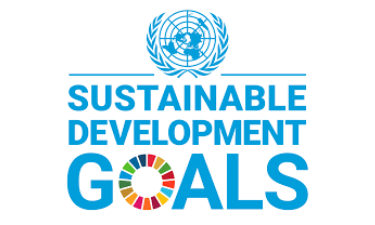
The Sustainable Development Goals are the blueprint to achieve a better and more sustainable future for all. They address the global challenges we face, including poverty, inequality, climate change, environmental degradation, peace and justice. Learn more and take action.
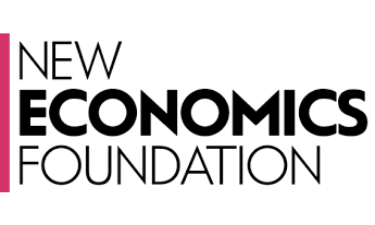
The purpose of this guide is to standardise practice, develop the methodology, and provide more clarity on the use of SROI. It has been written for people who want to measure and analyse the social, environmental and economic value being generated by their activities or by the activities they are funding or commissioning.
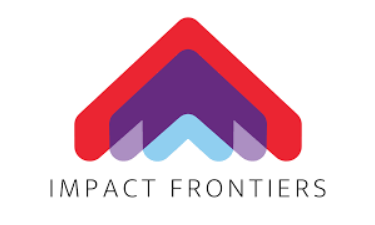
From 2016 to 2018, the Impact Management Project (IMP) convened a Practitioner Community of over 3,000 enterprises and investors to build global consensus on how we measure, improve and disclose our positive and negative impacts (otherwise known as “impact management”). The resulting consensus (or “norms”) provide a common logic to help enterprises and investors understand their impacts on people and the planet, so that they can reduce the negative and increase the positive. These resources migrated to Impact Frontiers following the IMP’s conclusion in 2021.
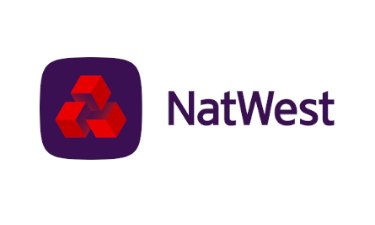
Carbon Planner is free and could support you to become a more sustainable and climate conscious organisation, and help you to identify potential cost and carbon savings too. Use it to measure your carbon footprint by answering a few questions, get tailored actions and start building a plan to reduce your emissions.
Fundraising: Grants, Blended Finance and Social Investment
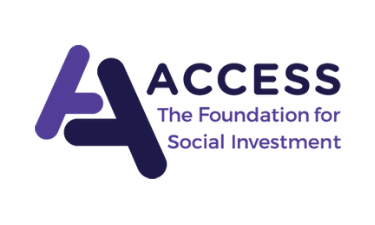
The Reach Fund provides support to charities and social enterprises who are already close to the point of taking on social investment. In order to apply to the fund, an organisation must be referred by a social investor registered with the fund, known as an ‘Access Point’.
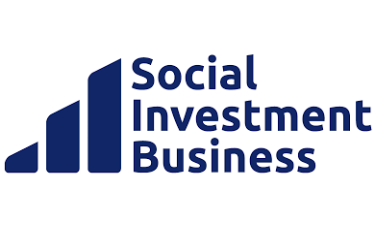
The Reach Fund helps charities and social enterprises raise investment, the programme offers grants on average between £5000 and £15000. The grant is aimed at helping these organisations provide the final information that investors need before they can invest.

The Growth Fund is a partnership between the National Lottery Community Fund, Big Society Capital and Access and is designed to provide the finance that charities and social enterprises need for growth or diversifying their business models. The fund is aimed at organisations which are unlikely to have taken on social investment before.

A blended finance programme to provide patient and flexible social investment for organisations post-Covid.

Get Grants Funding Finder is a free resource for grant fundraisers with information on hundreds of grant funders, including what they fund, how much they give, and how to apply.
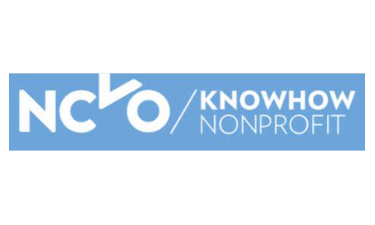
Practical tips and step-by-step guides on how to find the money you need for your community group, organisation or charity.
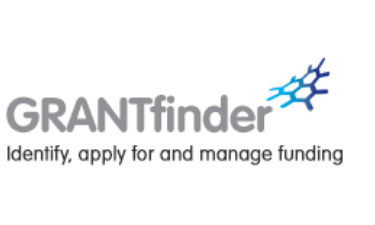
GrantFinder is the leading funding database in the UK covering local, national, and international sources of funding. Visit their website to explore grant opportunities.
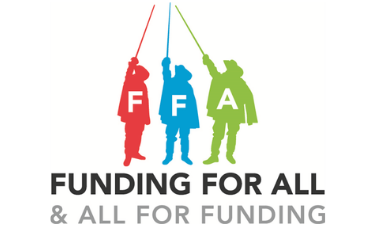
Funding for All does not directly fund organisations or individuals. They do however mentor you to apply for funds from other trusts and foundations to increase your chances of success. Visit their website to find the latest available grants currently open to applications.

My Funding Central from Idox is a subscription-based funding service helping charities, local communities, voluntary organisations and social enterprises search for funding. The service saves time and resources by providing access to information on grant funding opportunities from local, national and international funding sources as well as social investment from a range of providers.

Grants Online is the UK's most comprehensive and up to date UK grant funding information service. Visit their website to find out more.
Diversity, Equity and Inclusion
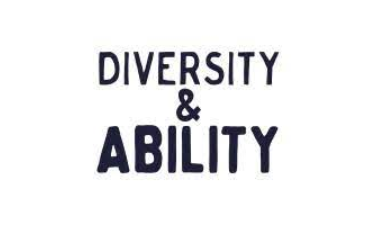
Championing neurodiversity and disability inclusion through technology, training and talent

The Addressing Imbalance programme launched in 2021 with the aim of connecting and engaging with organisations led by individuals who identify with one or more of these demographics. Our goal is to provide learning and resources to empower leaders with the tools they need to make an informed decision when considering social investment.

Spark and Co. is a Community Interest Company that supports racialised people in the UK by providing information, education & opportunity.

The anti-racist path for a social enterprise should be strategic and tailored to foster sustainable, long-term change. Racism overlaps with all forms of social oppression and can't be viewed as one singular problem area. As such, the training and resources approach inclusion through an intersectional lens and highlight anti-racist practice:
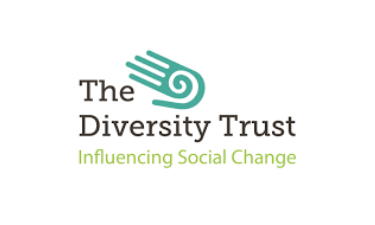
The Diversity Trust CIC is a Community Interest Company established in 2012 in the UK. Their mission is to ‘influence social change to create a fairer and safer society’.
Marketing and Communication
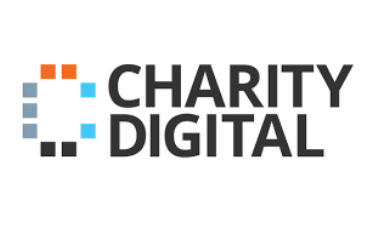
The services of Charity Digital help other charities #BeMoreDigital through inspiring content, access to the UK's only discounted and donated technology platform and connection to the best digital talent in the secto

Sales is the aspect of running a social enterprise that a lot of people feel most uncomfortable about, but it doesn’t have to be. Here are some tips to help get your sales and marketing for your social enterprise up and running.
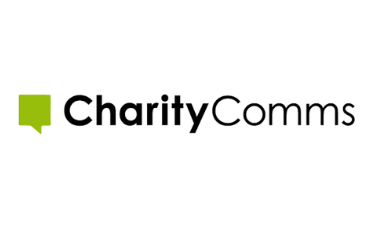
A great marketing strategy will help your charity reach more people and generate more income. Without one, you could end up wasting a lot of money and time. So here’s everything you need to know.
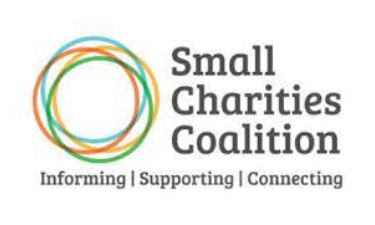
A bank of resources for small charities, featuring guides, toolkits and websites to help leaders to navigate marketing and communications in the space.

